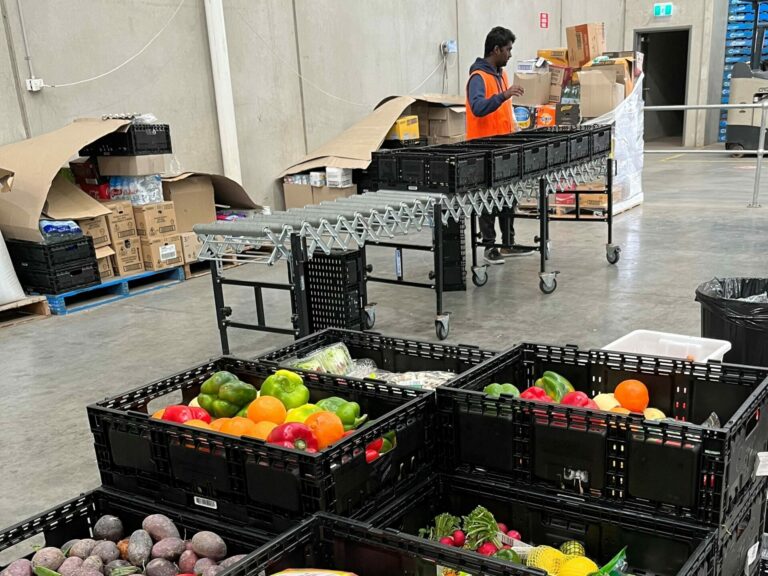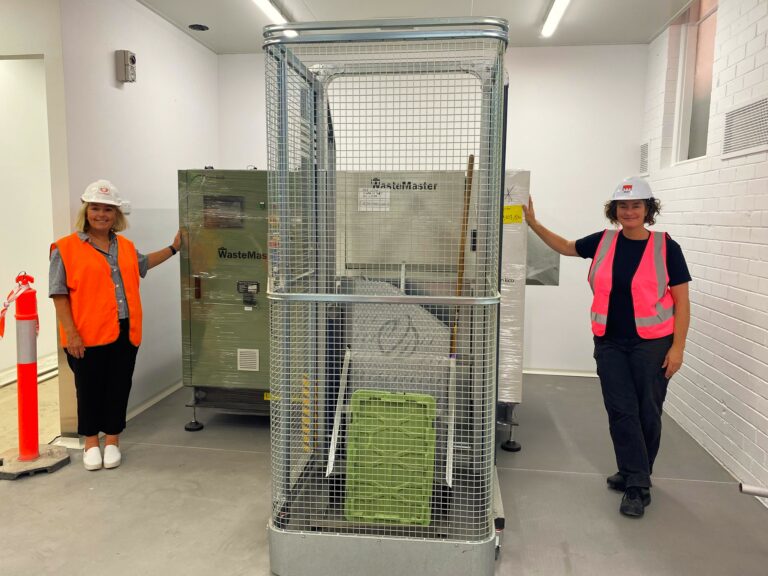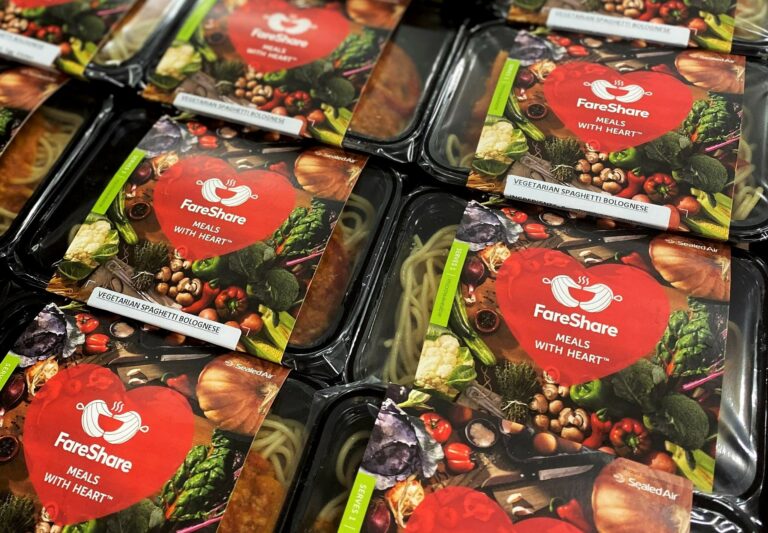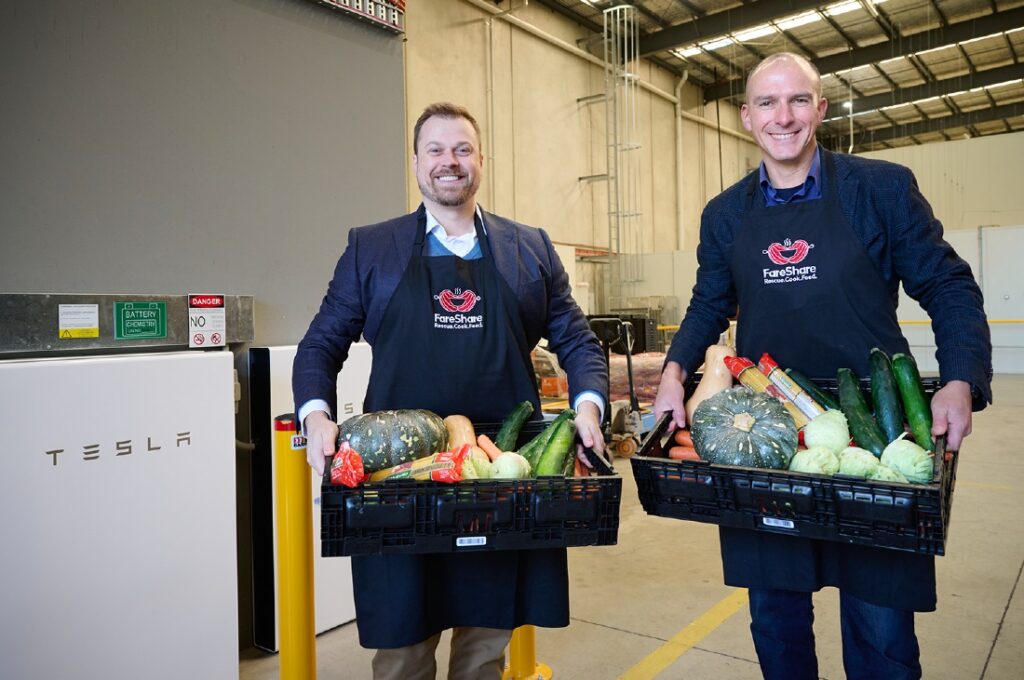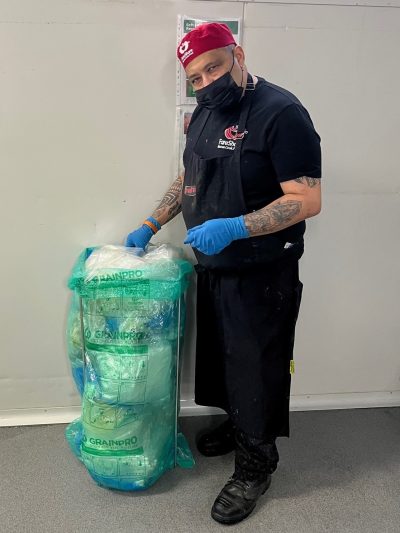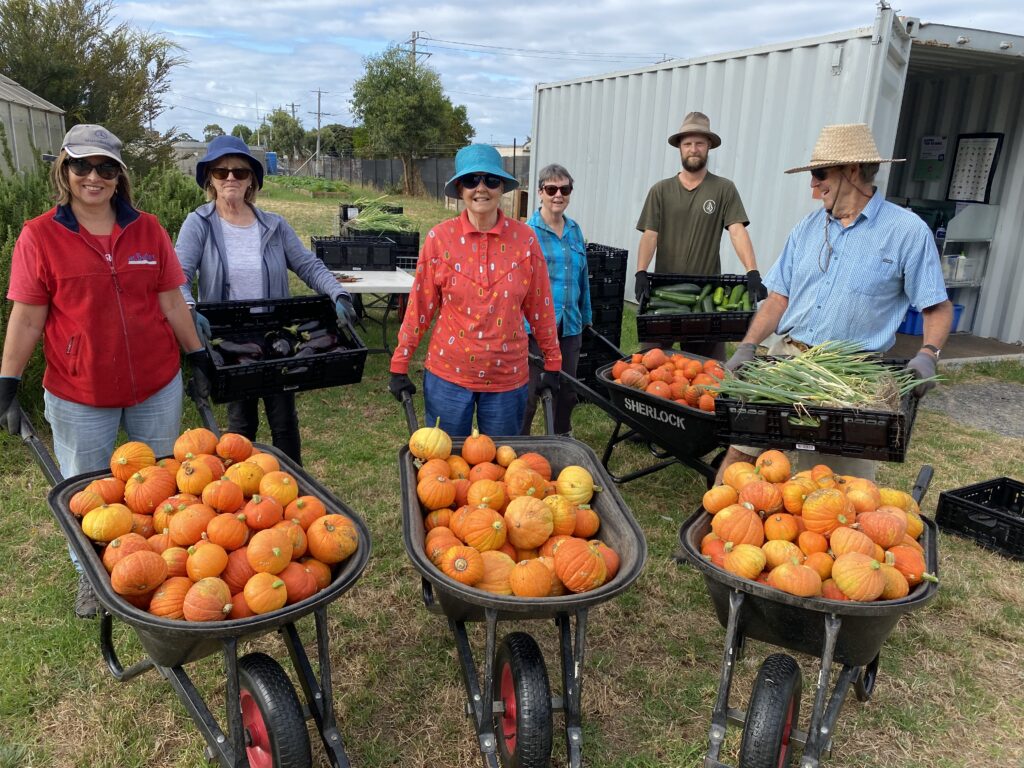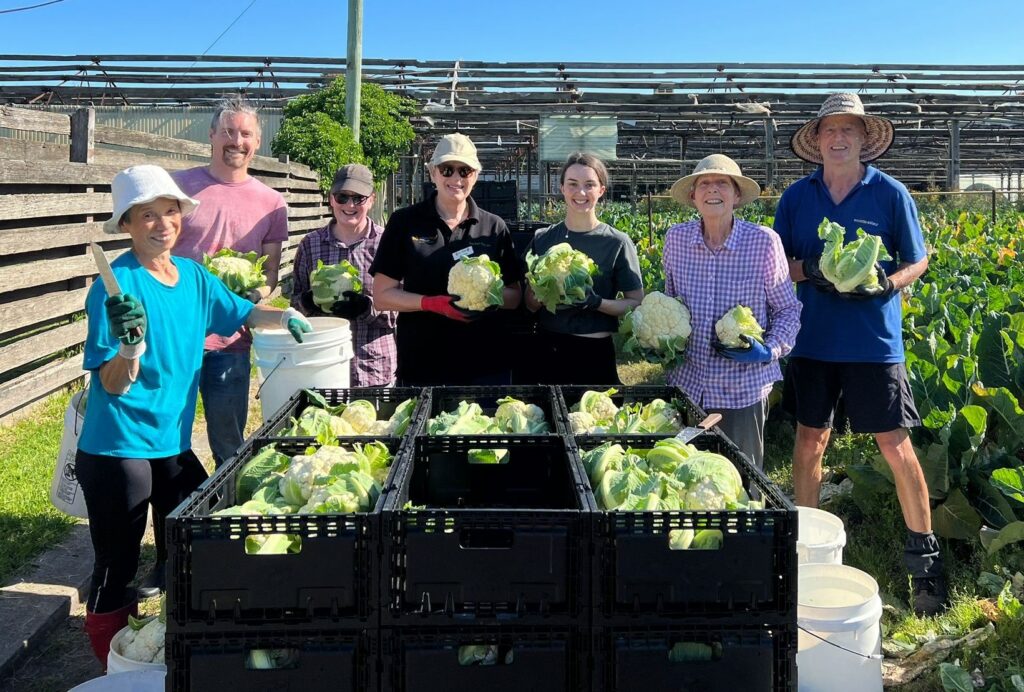Transforming food waste into meals
Food waste remains one of the biggest challenges to sustainability. An estimated 30% or all food produced for human consumption never makes it to our plates. As a result, if food waste were a country, it would be the third biggest greenhouse gas emitter after the US and China.1
When we waste food, we also waste the resources used to grow our food (water, soils and energy) including the primary nutrients – nitrogen, phosphorus and potassium – that sustain farming, plant growth, and all life on earth. Add to this all the energy used to process, package and transport food and it’s a recipe for disaster.
So, by rescuing 1,233,218kgs of food in 2023, FareShare helped reduce the environmental impacts of food waste, cut greenhouse pollution and conserve natural resources.
In the first quarter of 2024, FareShare’s drivers rescued more food than in any previous quarter, mostly from Woolworths Supermarkets across Melbourne – more than 250 tonnes of meat, vegetables, fruit and other valuable produce. This contributed to 461,000 cooked, nutritious meals.
